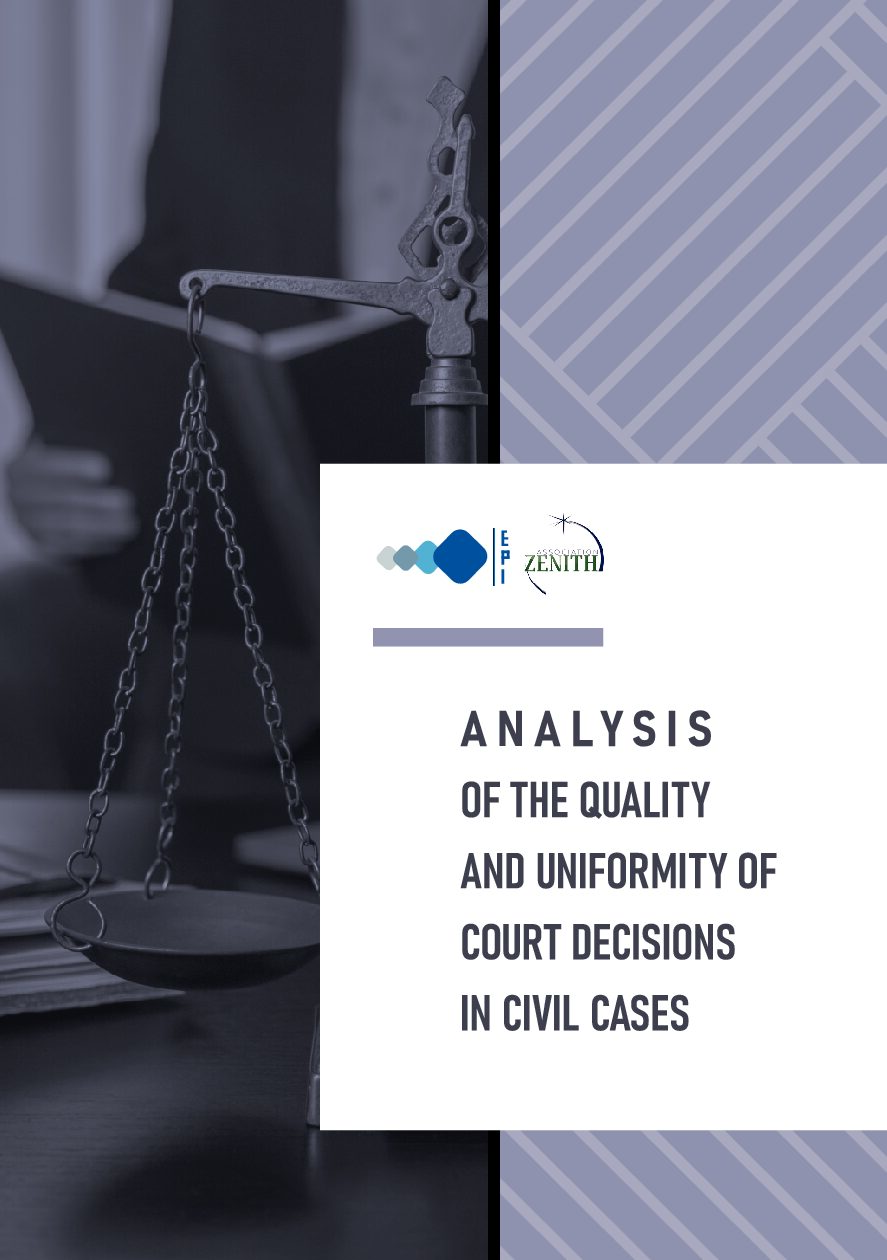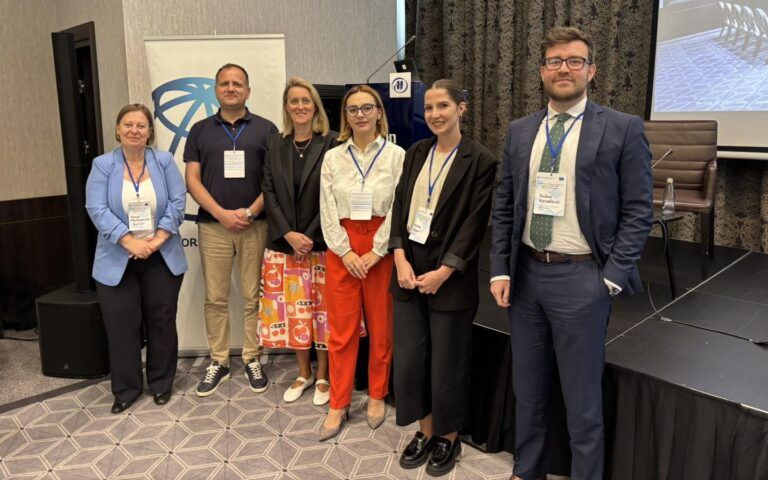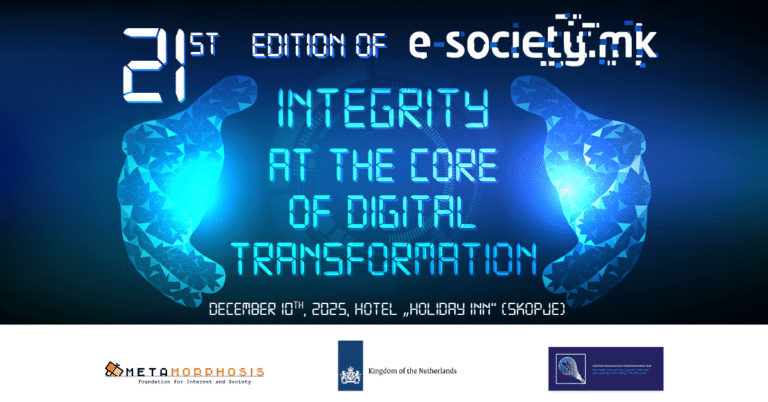Аnalysis of the quality and uniformity of court decisions in civil cases
Some of the decisions were analyzed only in terms of their quality, some of the decisions were analyzed only in terms of their uniformity with domestic case law, as well as the case law of the ECHR, while some of the decisions were analyzed according to both criteria.
The main goal of the analysis is on the one hand, through quantitative indicators to make a qualitative assessment of the decisions made in the given period at the level of all four appellate areas and at the national level to determine whether there are any weaknesses that are characteristic according to this criterion for a certain area of appeal. While, on the other hand, in the area of uniformity of court decisions, to determine whether attention is paid to the balance between equality of people before the law and legal certainty and lack of rigidity, development and judicial independence.
Main Findings
- From the quantitative analysis and obtaining the results for the Quality Index – QI, one can conclude a general conclusion that according to this criterion, the quality index – QI is relatively high. This indicates the fact that in this sense most of the decisions already made, ie the court staff has a solid quality. This confirms that most of the criteria are properly met when making a court decision.
- The part of the analysis of the uniformity of court decisions, showed that much more would be achieved in raising the quality of justice and the trust that the court should deserve in making its decision, if proper attention is paid in making a decision, according to the quality criteria, and supplement the explanation with appropriate domestic or European case law.
Recommendations
The recommendations which are based on the result of the analysis are as follows:
The activities of the case law departments in the courts should be strengthened.
They need to cooperate more with the trial judges in the courts.
These departments in the courts in the same appellate area need to cooperate more between themselves, and cooperation between such departments in different courts of appeal should be mandatory.
For certain legal issues, for which there are noticeable differences, efforts for harmonization and mutual coordination should be made.
Continuous training of judges is very much necessary and it shall contribute to higher level of uniformity.
It is necessary to properly implement the phase of preliminary review of the lawsuit in line with the principal legal opinions of the Supreme Court of the Republic of North Macedonia.
The courts need to overcome the state of disagreement as to the mandatory elements that the lawsuit should contain.
The practice of detecting legal problems that the courts face and the areas in which there are differences of opinion should continue.
Joint meetings should be held between the Supreme Court and the appellate courts so that they can take common positions on certain legal issues in order to achieve higher level of uniformity in decision-making.
This practice should be followed by each Court of Appeals in its appellate area, i.e. they should convey their conclusions and views to the basic courts and they should take care of their implementation in the daily decision-making of the basic courts.
In order to follow the guidelines and positions taken by appellate courts at their meetings, the conclusions of these meetings should be made more transparent and available, which will facilitate the application of case law.








![[Aggregator] Downloaded image for imported item #41124](https://civicamobilitas.mk/wp-content/uploads/2025/10/1659431718759-1-copy-scaled-1-768x432.png)
![[Aggregator] Downloaded image for imported item #41130](https://civicamobilitas.mk/wp-content/uploads/2025/10/dsc_1946-1024x812-1-768x609.jpg)